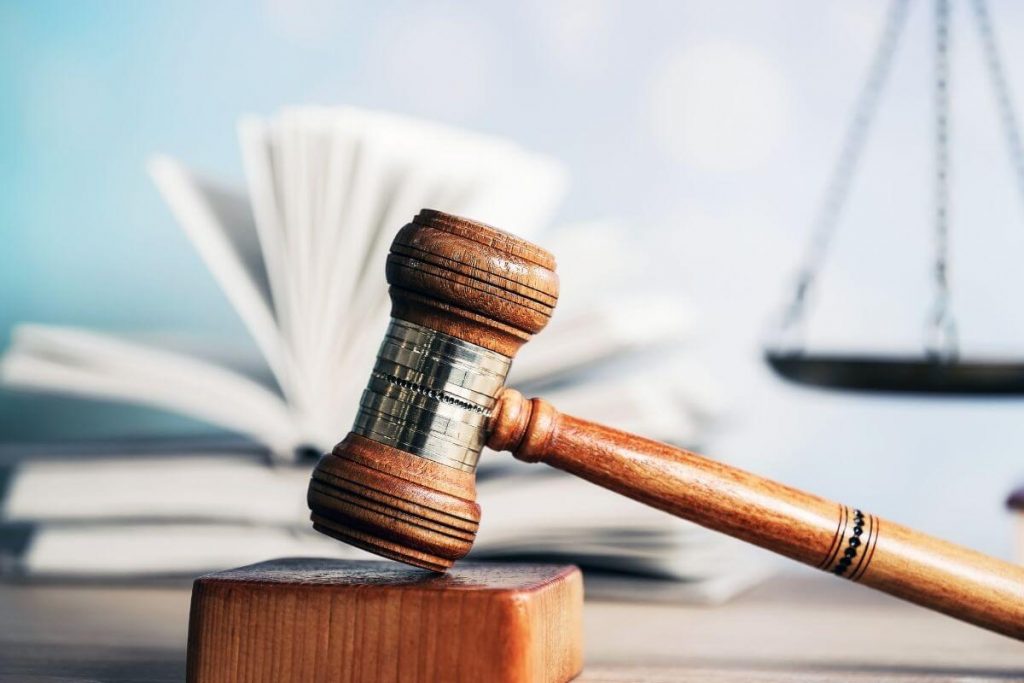Facing financial difficulties can be an overwhelming experience, and the decision to file for bankruptcy is a significant step that requires careful consideration bitcointipsblog.com and legal expertise. This article explores the crucial role of a bankruptcy lawyer, the process of filing for bankruptcy, and the invaluable support they provide to individuals and businesses navigating financial crises.
Table of Contents
I. Understanding Bankruptcy:
- Financial Distress: Bankruptcy is a legal process designed to provide individuals and businesses relief from overwhelming debt. It allows for the restructuring of finances or the orderly liquidation of assets to satisfy creditors.
- Types of Bankruptcy: There are different types of bankruptcy chapters, including Chapter 7, which involves liquidation, and Chapter 13, which allows for a reorganization of debts. Businesses often file under Chapter 11 for reorganization.
II. The Role of a Bankruptcy Lawyer:
- Legal Expertise: Bankruptcy lawyers specialize in the complex field of bankruptcy law. Their expertise allows them to guide clients through the intricate legal processes, ensuring compliance with all relevant regulations.
- Assessment of Financial Situation: Bankruptcy lawyers conduct a thorough assessment of their clients’ financial situations. They analyze debts, assets, income, and expenses to determine the most suitable bankruptcy chapter and develop a strategic plan.
- Communication with Creditors: Bankruptcy lawyers act as intermediaries between their clients and creditors. They handle communications, negotiate terms, and work to achieve the best possible outcomes for their clients in discussions with creditors.
III. Filing for Bankruptcy:
- Pre-Filing Counseling: Before filing for bankruptcy, individuals are often required to undergo credit counseling. Bankruptcy lawyers guide their clients through this process, ensuring compliance with legal prerequisites.
- Petition Preparation: Bankruptcy lawyers prepare the cryptosuccessful.com necessary legal documents, including the bankruptcy petition, schedules of assets and liabilities, and a statement of financial affairs. Accurate and comprehensive documentation is crucial for a successful bankruptcy filing.
- Court Filings and Proceedings: Bankruptcy lawyers handle the filing of documents with the bankruptcy court and represent their clients in court proceedings. They advocate for their clients’ interests and navigate the legal complexities of the bankruptcy process.
IV. Protection from Creditors:
- Automatic Stay: Upon filing for bankruptcy, an automatic stay goes into effect. This legal injunction prevents creditors from pursuing collection activities, including lawsuits, wage garnishments, or foreclosures. Bankruptcy lawyers ensure that clients benefit from this immediate protection.
- Debt Discharge or Repayment Plan: Depending on the bankruptcy chapter, debt discharge may be possible, or a structured repayment plan may be established. Bankruptcy lawyers work to achieve the best outcome for their clients, whether it involves eliminating certain debts or creating a manageable repayment plan.
V. Post-Bankruptcy Planning:
- Rebuilding Credit: Bankruptcy lawyers assist clients in developing strategies for rebuilding their credit after bankruptcy. They provide guidance on responsible financial practices and steps to improve credit scores over time.
- Legal Counsel Beyond Bankruptcy: Bankruptcy lawyers often offer ongoing legal counsel beyond the bankruptcy process. They provide advice on financial management, credit repair, and legal considerations related to the client’s post-bankruptcy financial life.
VI. Choosing the Right Bankruptcy Lawyer:
- Experience and Specialization: When selecting a bankruptcy lawyer, individuals should consider the attorney’s experience in bankruptcy law and their specialization in the specific chapter relevant to the client’s situation.
- Client Testimonials and Reviews: Reviews and testimonials from previous clients provide valuable insights into the lawyer’s effectiveness, communication skills, and commitment to client success.
VII. Conclusion:
A bankruptcy lawyer serves as a guide and advocate for individuals and businesses navigating the complex terrain of financial distress. From assessing the financial situation to filing necessary documents and representing clients in court, their expertise is instrumental in achieving the best possible outcomes during challenging times. By understanding the role of a bankruptcy lawyer, individuals can make informed decisions and take proactive steps toward a more stable financial future.





_3-6.jpg)




